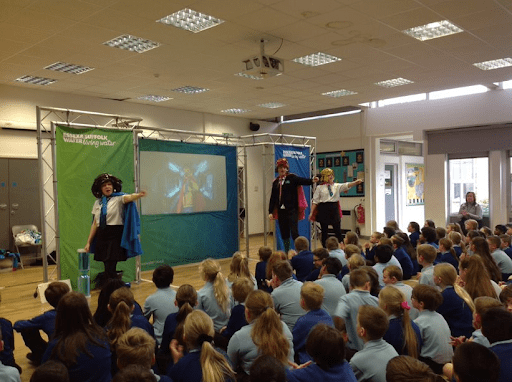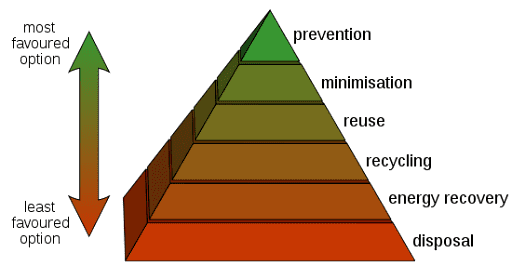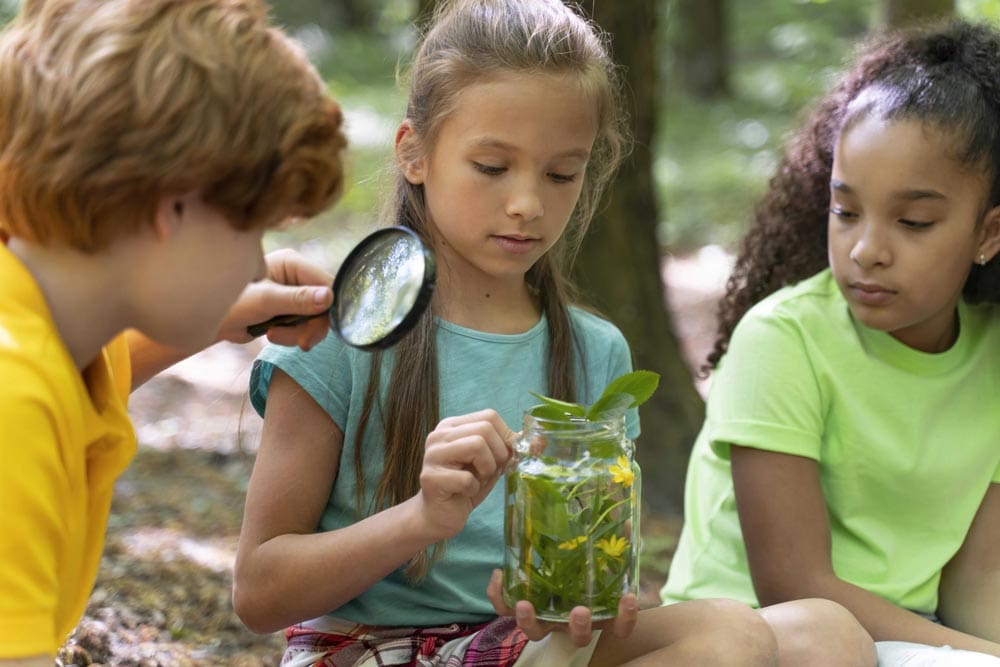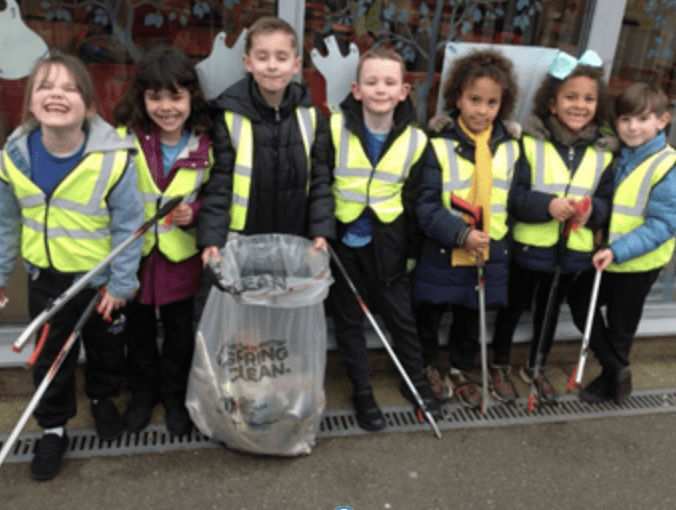Air pollution effects everyone and tackling this problem involves schools working with local communities. A big issue is car idling, particularly outside schools. Car idling produces up to 150 balloons of exhaust emissions per minute containing harmful chemicals like cyanide, Nox and PM2.5.
Sustainable Transport
Air pollution effects everyone and tackling this problem involves schools working with local communities. A big issue is car idling, particularly outside schools. Car idling produces up to 150 balloons of exhaust emissions per minute containing harmful chemicals like cyanide, Nox and PM2.5.
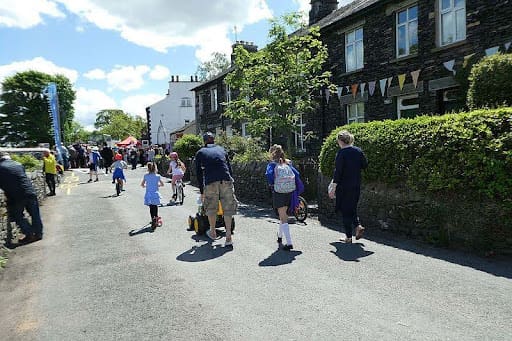
Sustainable transport policy should prioritise reducing the prevalence of fossil fuel car use, which means encouraging more children to walk to school. A generation ago, nearly 3/4 of children walked to school, now it’s less than half. If more walked, they’d be physically healthier and there’d be less pollution round the school gates. This issue involves parents and carers, and can be approached through initiatives like Walk to School Week.
Resources to help
Richmond Upon Thames Council provides a free pack for schools, as does Friends of the Earth.
Leicester City Council also have many free resources and lesson ideas.
Living Streets has lots of guidance, campaigns and a scheme for walking to school, ‘WOW’ which you can sign up to. You may wish to take part in Walk to School Week in May.
Clean Air Day takes place each year in June.
Curriculum Links
Science
When exploring forces in Science, look at different transport types and how they work. Are they sustainable? What could travel look like in future?
Ask children to research and debate which transport is the most sustainable, exploring electric cars, public transport, aeroplanes etc, and encourage them to write a balanced or persuasive argument. BBC Bitesize has a good explainer page here showing the impact of various forms of transport, with a video, pictures, quiz and challenge. Also a good video here on BBC Newsround with a team of children working on an electric car challenge. They explain at the end exactly what is good about electric cars.
Make smog in a jar, suitable for KS2. Eco Schools also has an Air Pollution Resource Pack.
Design and Technology
Children could look at the design features of different types of transport and how they work. In addition they could research the differences between petrol and electric cars or other more sustainable alternatives. This could inform ideas to plan, design and make a prototype for their own sustainable form of transportation.
Maths
Make links to transport, from creating a simple graph of how children travel to school to exploring air pollution levels on roads outside school. This incorporates real-life data and experiences into lessons.
Geography
Air pollution as a topic could be linked into Geography lessons when looking at human features of the local environment. CleanAirHub provides daily maps of air quality across the country.
Art
In art, create lung pictures using ink and make links to how we breathe and what gases/pollutants are in the air. You’ll need ink, a straw, and A3 sheets of thick paper for each pupil. Get each pupil to place a few drops of ink at the bottom centre of their page. Now ask them to take a deep breath and blow the ink across the page. The resulting pattern will resemble the branches within a human lung. Compare the drawings with anatomical diagrams of the lung.
RSHE
Again links can be made to the ‘Living in the Wider World’ strand. Learners think about who creates carbon emissions and how to change this Learners think about their school journey and discuss what could improve it
Images to show your class showing comparative CO2 emissions:
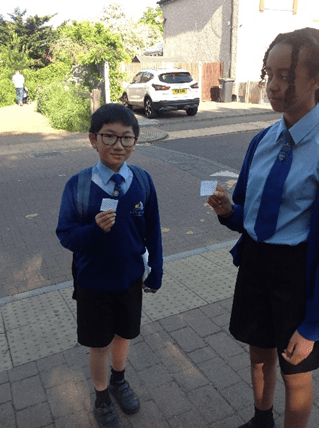
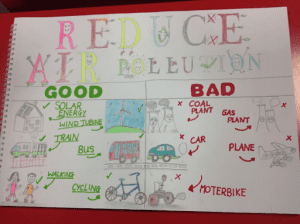
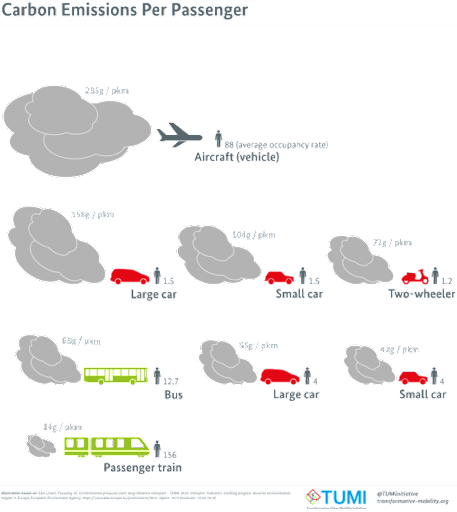
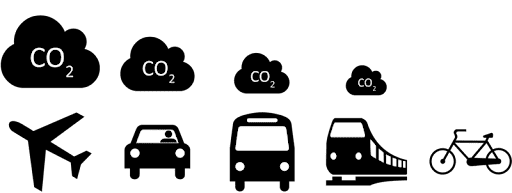
Explore all Schools Resources
Thinking about how we can use water efficiently and sustainably in school and at home is important as clean water is not unlimited. Did you know that on average, each person in the UK uses 150 litres of water a day! Essex and Suffolk Water has some great tips on how to save water and often run educational sessions for schools.
This is a topic which school children can get really involved in as they can see it in their daily lives and can be proactively involved in recycling.
School Grounds Utilising and improving your school’s outdoor space for students, staff, plants, animals, and invertebrates is important for any school wishing …
A global citizen is someone who is aware of and understands the wider world – and their place in it. They are a citizen of the world. They take an active role in their community and work with others to make our planet more peaceful, sustainable and fairer.

